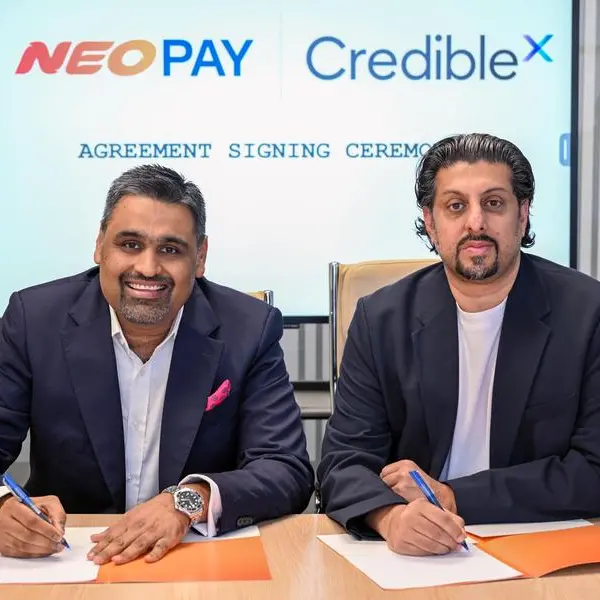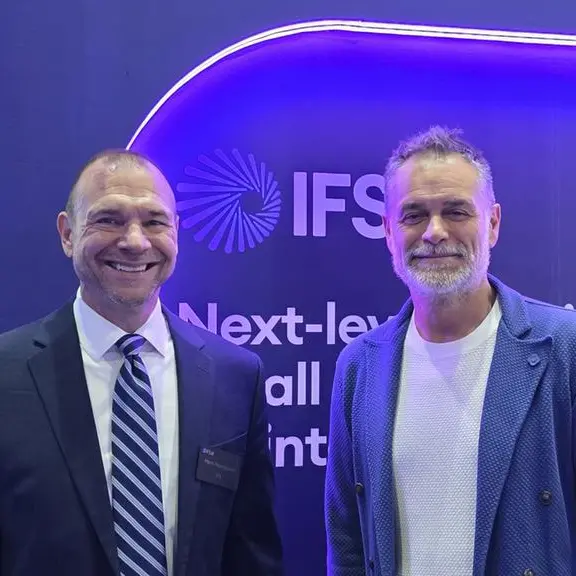PHOTO
UAE:With banks increasingly under attack from technology firms, it is no surprise that their top priority is improving the convenience and quality of the experience for their customers. However, Bain & Company’s ninth annual customer loyalty in retail banking study, In Search of Customers Who Love Their Bank, finds that traditional banks fail to keep up with direct banks and technology firms in five out of five areas that matter most to consumers: quality, saves time, simplifies, heirloom, or a good investment for future generations, and reduces anxiety. The study revealed that a large majority of survey respondents in the UAE are willing to get banking services from an established technology company.
Bain & Company partnered with Research Now SSI to survey more than 152,000 consumers in 29 countries, across 287 different banks to understand what qualities they value most in a bank. These qualities are based on the Elements of Value ® – 30 fundamental attributes identified by Bain & Company that help companies gain an edge with customers.
According to the survey, 54 percent of respondents globally (50 percent in the UAE) would trust at least one technology company—Apple, Amazon, PayPal or Google—with their money more than banks. This trust can translate into a willingness to try banking with these companies, particularly among young respondents. In the UAE, over 80 percent of survey respondents would be willing to bank with an established technology company that they already use, putting even more pressure on traditional banks to improve the customer experience.
“Despite a rate of mobile and digital penetration among the highest globally, the UAE has a comparatively larger share of banking interactions still happening through traditional channels; this points to significant further digitization potential of the industry” said Julien Faye, head of Bain’s EMEA Financial Services practice. “The majority of UAE customers, especially those in the 18-34 age range, now see major technology players as credible alternatives to banks. Banks therefore face an increased risk of their key customer interactions being taken over.”
Nowhere is this more evident than in payments, one of the highest frequency touchpoints for interactions between a customer and a provider. In many countries, such as Hong Kong, South Korea, India and Brazil, non-bank providers have become stronger and even dominant. In the UAE, according to Bain’s research, over 50 percent of consumers surveyed are using third-party platforms for payments—both direct and peer-to-peer. In digitally maturing markets, such as China, this number jumps to greater than 95 percent of survey respondents.
Yet traditional banks have managed to hold their own in payments in select countries, notably Singapore, Sweden and Poland. These experiences suggest that although payments exhibit some winner-take-all characteristics, the dominant position is still up for grabs in many countries. Banks have ability to catch up to leading insurgents if they join forces to create an industry-wide platform that is highly functional and consumer-friendly. However, if banks do not figure out how to appeal to digital-first customers, competitors will begin to overtake them.
To fend off further incursions by large technology firms and keep consumers satisfied, banks will need to provide the simple and digital experiences that customers demand and close their performance gap on the Elements of Value ® dimensions of saves time and simplify. This will prove to be critical, particularly as Amazon reportedly plans to launch a no-frills account with a banking partner. Reaffirming the need for a simple and digital-first approach, customers ranked 92 percent of direct banks highly in saves time, versus only 28 percent of traditional banks. On the other hand, banks have the opportunity to extend their lead in reduces anxiety by continuing to offer highly valued human interaction when needed, especially when customers are faced with major financial or life decisions.
“In the UAE, technology firms like Google and Apple rank higher than many banks on key functional and emotional attributes. If we combine this to the high level of customer trust that these technology firms enjoy, the potential for disruption is clear,” said Faye. “Traditional banks still have time to respond to this threat, and many have started doing so, by focusing on providing simple, high-quality digital experiences that will be the key to retaining customers.”
-Ends-
About Bain & Company
Bain & Company is the management consulting firm that the world's business leaders come to when they want results. Bain advises clients on strategy, operations, information technology,
organization, private equity, digital transformation and strategy, and mergers and acquisition, developing practical insights that clients act on and transferring skills that make change stick. The firm aligns its incentives with clients by linking its fees to their results. Bain clients have outperformed the stock market 4 to 1. Founded in 1973, Bain has 57 offices in 36 countries, and its deep expertise and client roster cross every industry and economic sector. For more information visit: www.bain.com. Follow us on Twitter @BainMiddleEast.
For further information, please contact:
Orient Planet PR & Marketing Communications
P.O.Box: 500266
Dubai, United Arab Emirates
Tel: 00971 4 456 2888
Fax: 00971 4 454 9528
E-mail: media@orientplanet.com
Website: www.orientplanet.com
Disclaimer: The contents of this press release was provided from an external third party provider. This website is not responsible for, and does not control, such external content. This content is provided on an “as is” and “as available” basis and has not been edited in any way. Neither this website nor our affiliates guarantee the accuracy of or endorse the views or opinions expressed in this press release.
The press release is provided for informational purposes only. The content does not provide tax, legal or investment advice or opinion regarding the suitability, value or profitability of any particular security, portfolio or investment strategy. Neither this website nor our affiliates shall be liable for any errors or inaccuracies in the content, or for any actions taken by you in reliance thereon. You expressly agree that your use of the information within this article is at your sole risk.
To the fullest extent permitted by applicable law, this website, its parent company, its subsidiaries, its affiliates and the respective shareholders, directors, officers, employees, agents, advertisers, content providers and licensors will not be liable (jointly or severally) to you for any direct, indirect, consequential, special, incidental, punitive or exemplary damages, including without limitation, lost profits, lost savings and lost revenues, whether in negligence, tort, contract or any other theory of liability, even if the parties have been advised of the possibility or could have foreseen any such damages.




















